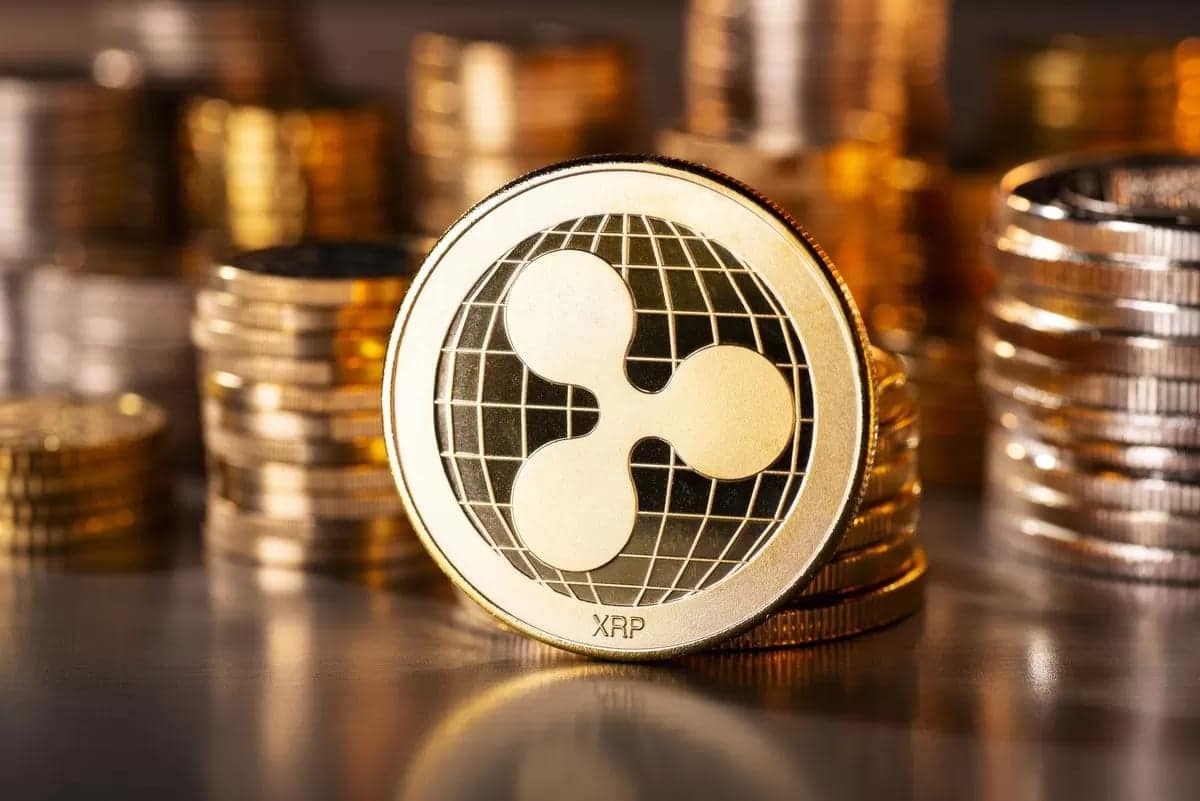Tokenization to Improve Access to Financial Services in Latin America
People in Latin America who lack access to the banking system may gain access to financial services through asset tokenization.

Tokenization of real-world assets (RWA) has the potential to transform Latin America’s financial system, increasing its efficiency, inclusivity, and transparency while positively impacting the region’s economy. This is highlighted in a report by Mastercard and Ava Labs.
The report outlines three key benefits of tokenization, namely:
- increased speed of transaction processing and settlements;
- reduced risks associated with siloed systems and manual processes;
- simplified implementation of fractional ownership.
Experts believe blockchain-based asset tokenization enhances operational efficiency, improves data management and interoperability, reduces operating costs, and opens new business avenues in the financial sector.
The report also highlights significant socio-economic benefits for Latin America, such as rebuilding trust and transparency historically hampered by systemic inefficiencies. Additionally, tokenization lowers barriers to capital markets, particularly for the unbanked population.
A practical example of tokenization is the transfer of ownership rights to non-monetary assets, such as real estate. This enables individuals without traditional banking access to directly participate in the real estate market.
The report notes that Brazil, Argentina, and Mexico rank among the top 20 countries for cryptocurrency adoption.
“In Argentina, many blue-collar workers are still unfamiliar with crypto, but the informational wave is undeniable. Ads for crypto companies can be seen on buses, buildings, and various media. The term ‘cryptocurrency’ is gaining popularity. Obtaining a virtual asset service provider license is relatively easy, and there are no signs of regulatory restrictions,” shared Max Krupyshev, CEO of CryptoProcessing by CoinsPaid , during the Purpose Driven FinTech podcast.
According to Mastercard, approximately 43% of all remittances in Latin America in 2023 were conducted using cryptocurrencies, while about 21% of the region’s population lacked access to banking services.
Disclaimer: The content of this article solely reflects the author's opinion and does not represent the platform in any capacity. This article is not intended to serve as a reference for making investment decisions.
You may also like
What Are The Key Support And Resistance Levels For Ripple (XRP) During The Market Decline? Analysis Company Reveals
Cryptocurrency analytics firm MakroVision has taken a look at the XRP price situation during the market decline.

In this Altcoin, Developers Say “There is Manipulation Because We Allocate Too Few Tokens to Ourselves”, Demand More Tokens from the Community
Developers in one altcoin project attributed price volatility and manipulation to the fact that they had too few tokens.

400 Million XRP Worth $1.13 Billion Unlocked: But There’s One Thing to Know
Although 400 million XRP have been unlocked, according to Onchain data, this is a planned unlock and most coins will not be sold.
Are the Applications of ETF Applicants DOGE, XRP, SOL, LTC, BONK, MELANIA Altcoins Likely to be Approved? CEO Evaluated
Is there a possibility that the ETF steps that have been put forward recently for various cryptocurrencies, including memecoins, will come true?
